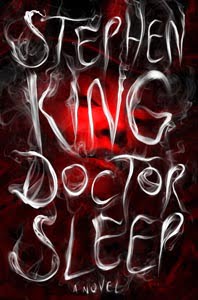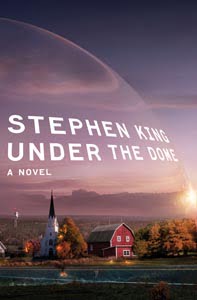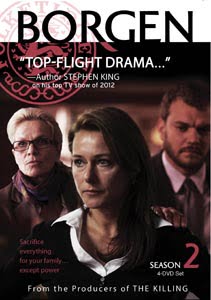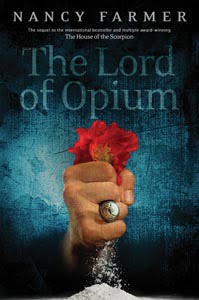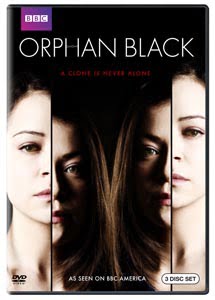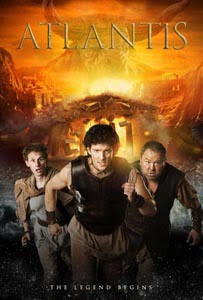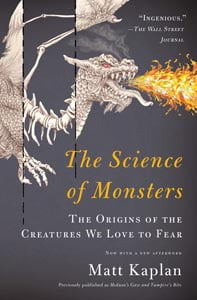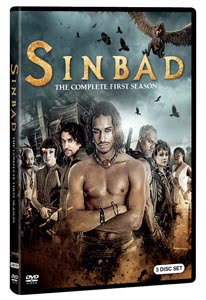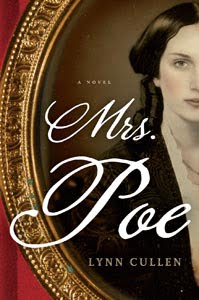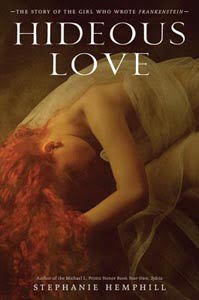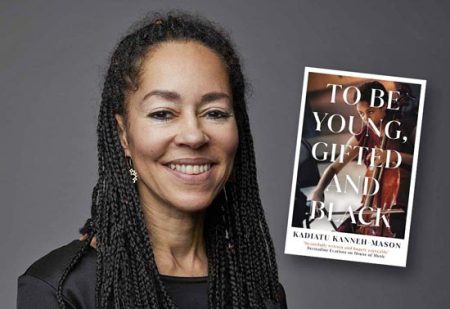Book Bag – November 2013
reviews by Sharon L. Shervington
The iconic 1977 horror novel The Shining is so compelling that it was made into a film classic starring Jack Nicholson in 1980, spawned a 1997 television miniseries, and cemented Stephen King’s international reputation as a bestselling author.
Even though there are certain words and images from the film that remain part of the public consciousness, it is the story of a father’s descent into alcoholism and madness, escorted by dark forces at a remote and snowbound Colorado hotel that still has the power to keep fans up late at night. That, and the horror experienced by Jack’s young son, Danny, an extraordinary little boy coming into rare psychic gifts during the events at the haunted Overlook Hotel in which his father dies and he barely escapes.
The shining is, in fact, Danny’s gift, and it figures prominently in the book’s long-awaited sequel, Dr. Sleep, which immediately took the top spot on the New York Times Bestseller List upon its recent release. (My guess is that it will remain on the list for at least 25 weeks, and I think I am being conservative.)
While Danny has escaped the Overlook and life with his codependent mother, the shining turns out to be a poisoned gift that keeps on giving. He hits a bottom, in the parlance of Alcoholics Anonymous (AA), an organization that figures prominently in Dr. Sleep. Early on, it seems that Danny is on a fast-track to self-destruction leading a drunken, rudderless existence.
But that is before he finds his place in the world when he passes through a small town, Frazier, where he is warmly welcomed and generously, under the auspices of AA, given the tools to create a sober, healthy, useful life. Here Danny finds not only the mundane work of his life, but also his great work, because there is a little girl just like he once was only vastly more powerful, Abra Stone, who is being stalked by the dark forces that almost ate Danny alive. They are the flesh and blood, yet inhuman, beings of the True Knot, who stalk America’s roads in campers, looking harmless and seeking shining children to eat, but whose permanent home is the site of the Overlook Hotel. (Scribner; $30; 531 pages)
Dr. Sleep is a pretty hefty read, but another of Mr. King’s novels, Under the Dome, comes in at over a thousand pages. That is a pretty big time commitment for those who may not have that much time in the reading bank. Not to worry, Under the Dome has spawned a television series that is a fun way to grapple with the bizarre events that overtake a small northeastern town, Chester’s Mill, and their aftermath.
Rather soapy and chock full of characters like the small-town politico with big control issues, not to mention his handsomely creepy yet disturbed son and the teenager who is just passing through town with her two mothers on the way to rehab, everything is set against the backdrop of an impermeable dome that suddenly descends upon the hapless town.
As the 13-part series unfolds, so do alliances and vendettas as well as obscure clues about the mysterious and deadly dome. Is it nature, technology, aliens, or maybe the military? (I can’t tell you because that would be a spoiler.) You can find out for yourself as the series was just released on DVD and Blue Ray. It is a light, convincing riff on the dystopian deluge which shows no signs of letting up. (Catching Fire is out later this month.) Fourteen new episodes will air next summer. If Dr. Sleep is Mr. King with his auteur hat on, in Under the Dome he’s wearing a chef’s cap to keep all those juicy pots boiling. (Gallery; $20)
And what does Mr. King watch when he wants to be entertained? Well that would be the Danish show Borgen, a political thriller that is arguably the best on television. As a rule, so much of what is on American TV screens focuses largely on appearances, what is going on the surface. That is less the case with European shows like Borgen, which is the gritty story of Birgitte Nyborg, a politician who, through one-off circumstances becomes Prime Minister, and the first woman to hold the post in Denmark.
Available on MHz networks and on DVD, you will be riveted to all ten hours of what happens to Birgitte, her husband, and their two children when she becomes the country’s most powerful woman. It also tells the story of a journalist who covers the PM and her boyfriend, who happens to be the Chief of Staff.
Although the wait was not quite as long as with Dr. Sleep, fans of The House of the Scorpion will be pleased with its sequel The Lord of Opium. Both books take place in a futuristic world where the North American landmass has become the center of the worldwide drug trade, ruled by drug lords who have extended their lives through the use of clones, and who rely on modified clones to serve as a slave work force.
Most of the earth is uninhabitable, and both books focus on the clone Matt, who has lived both a horrific and later privileged existence due to the narcissistic affections shown for him by his host, El Patron. Key subjects in the book are human rights, slavery, the environment, science, and family. The House of the Scorpion won the National Book Award in 2002. Freestanding biospheres and mushrooms that can eat poisoned earth add to the book’s complex settings.
This is the kind of book that is not only entertaining and disturbing but also affords parents and educators a great opportunity to discuss deep ethical and moral questions. (Both by Nancy Farmer; Atheneum; $19.99 and $17.99; 380 and 411 pages)
BBC’s Orphan Black is a good choice for young-adult viewing and family discussion too. Set in the present day, this show, like The Lord of Opium, rests on baffling questions centered on cloning, where nature and technology intersect. Orphan Black refers to a young and troubled woman who finds herself a witness to a suicide involving a train. Desperate herself, she goes through the dead woman’s things and finds $75,000 in cash and a driver’s license with a photograph that looks just like her.
As she flees this bad scene, attempting to navigate an increasingly desperate life where she is in danger of losing parental rights to her young daughter, she keeps on meeting women for whom she is a dead ringer. Tatiana Maslany is a convincing anti-heroine, while her gay sidekick keeps things light.
Also recommended is Atlantis, which airs this month on BBC America. It tells the story of a young man doing oceanic research who, after an accident, finds himself in the lost land of Atlantis.
Suspension of disbelief is essential here because there is only a cursory attempt to explain how our hero moved between worlds. (That may change as the show unfolds, however. Only three episodes were available for screening at press time.) Still, this is a fluffy and fun trip, especially the developing friendship between Jason, Pythagoras (yes, that one), and Hercules.
In an interesting bit of casting, Hercules is played by the actor who plays Robert Baratheion on Game of Thrones. Cast against type as Hercules, certainly – but it’s all in good fun. Also particularly enjoyable are the nods to the ancient civilizations of Crete and Minos.
This series pairs well with The Science of Monsters: the Origins of the Creatures We Love to Fear, which was recently released in paperback and tackles the roots of monsters like the Minotaur and Medusa, both of which have already figured in Atlantis. (Scribner; By Matt Kaplan; $16; 248 pages)
Another family friendly entertainment from BBC America, already on DVD, is Sinbad. In this version, Sinbad has accidentally killed the son of a powerful ruler (Naveen Andrews) and is cursed to die if he stays on land for more than a day. Perfect for fans who will no longer be able to get their Merlin fix.
Short and sweet, Mrs. Poe, set in New York City in 1845 when The Raven was all the rage, is a departure for author Lynn Cullen, in that her previous novels have been set in an earlier historical time frame. As in her earlier work, she explores women who support themselves through their arts at a time when this was next to impossible. This is a dark triangle involving Mr. and Mrs. Poe and Frances Osgood, a poet and single mother who falls into their orbit, to her detriment and our delight. (Gallery; $26; 318 pages)
Hideous Love is also a great find for anyone with an interest in the history of women in the arts, as well as the history of women’s rights and human rights. This is the story, written in verse, of Mary Shelley, iconic author of Frankenstein, and her relationship with the poet Percy Shelley. It is also a perfect opportunity to revisit the iconic work of her mother Mary Wollstonecraft, best known for her Vindication of the Rights of Woman, one of the earliest works of feminist philosophy. (By Stephanie Hemphill; Balzer + Bray;$17.99; 320 pages)

